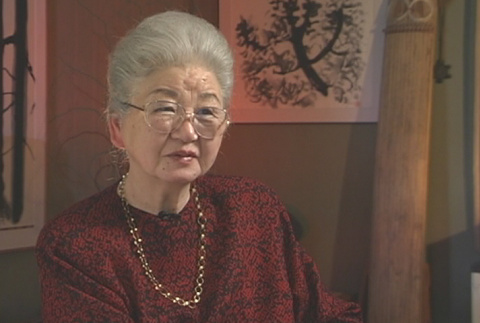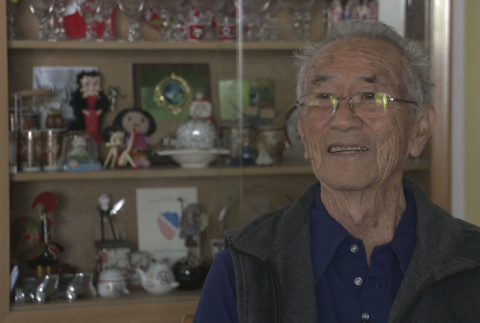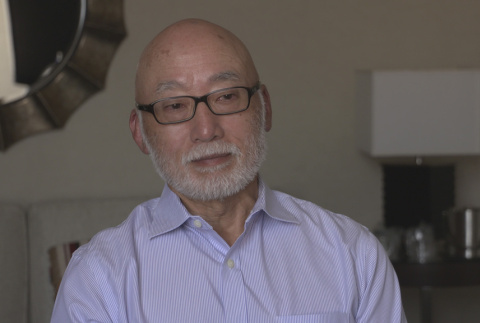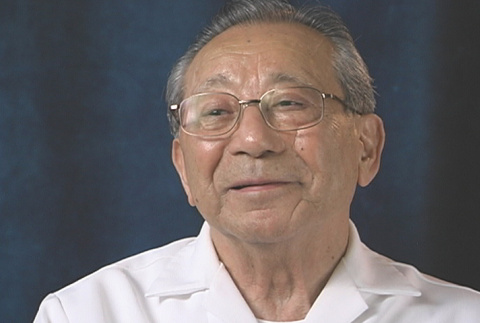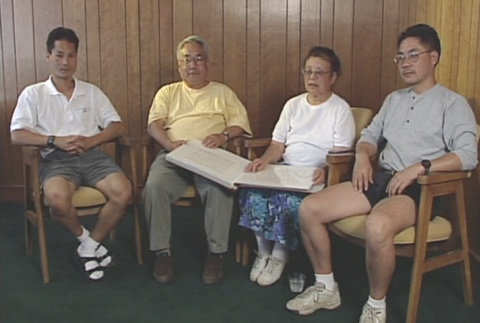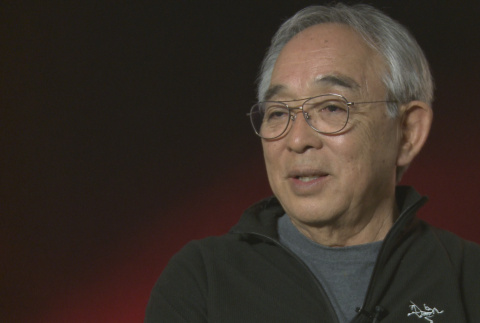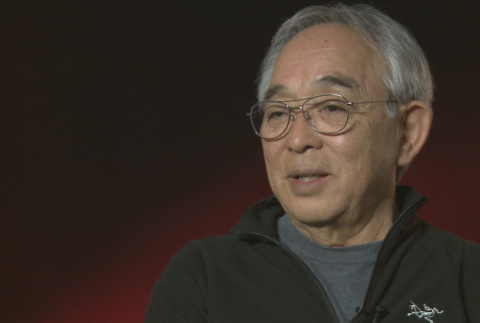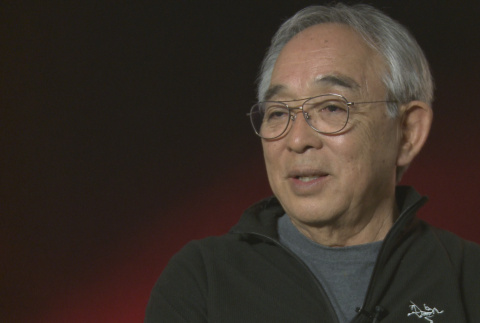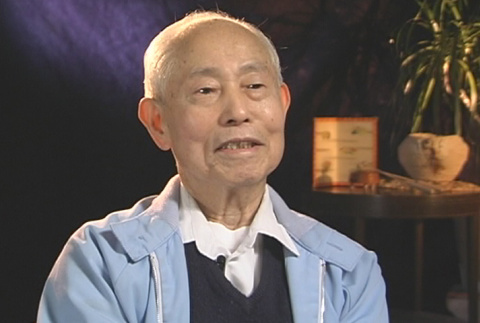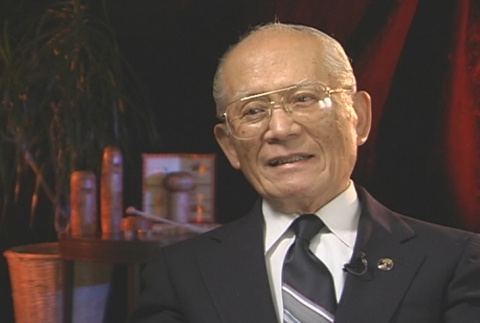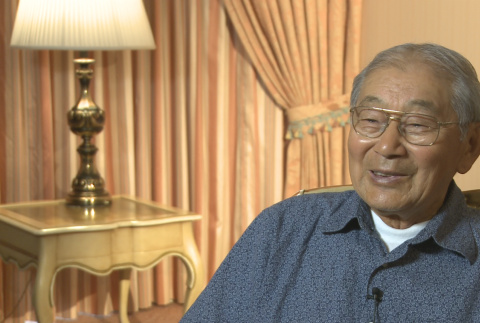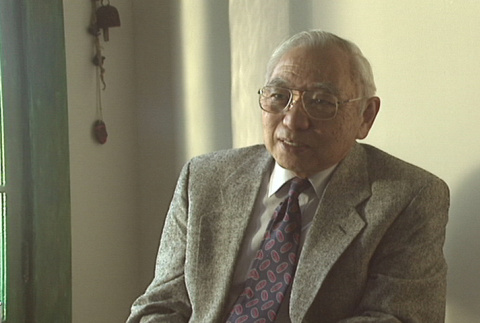Kibei
Kibei is the term for the generation of Nisei born in the U.S. but sent to Japan for education. When in Japan, the Kibei lived with grandparents or other relatives while their parents remained in the U.S. to work. Kibei often struggled to fit in both in Japan, where they were viewed as outsiders, and the U.S., where they were considered "too Japanese" by their Nisei peers. Because of their knowledge of both cultures and languages, the Kibei in particular were targeted by the government as "disloyal" during World War II. Ironically, the Kibei were heavily recruited for the Military Intelligence Service because of their linguistic abilities.
Identity and values
(202)
Kibei
(487)
Related articles from the
Densho Encyclopedia :
Harry Ueno
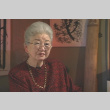






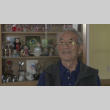
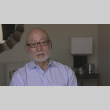
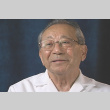
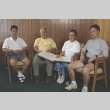

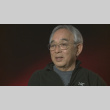
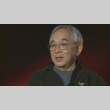
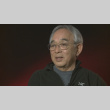
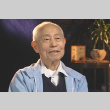
Members of the National Japanese American Historical Society (NJAHS) arranged for and conducted this interview in conjunction with Densho.

Members of the National Japanese American Historical Society (NJAHS) arranged for and conducted this interview in conjunction with Densho.

Members of the National Japanese American Historical Society (NJAHS) arranged for and conducted this interview in conjunction with Densho.
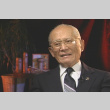
Members of the National Japanese American Historical Society (NJAHS) arranged for and conducted this interview in conjunction with Densho.

Members of the National Japanese American Historical Society (NJAHS) arranged for and conducted this interview in conjunction with Densho.

Members of the National Japanese American Historical Society (NJAHS) arranged for and conducted this interview in conjunction with Densho.

Members of the National Japanese American Historical Society (NJAHS) arranged for and conducted this interview in conjunction with Densho.
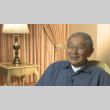

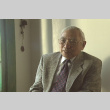
This interview was conducted by sisters Emiko and Chizuko Omori for their 1999 documentary, Rabbit in the Moon, about the Japanese American resisters of conscience in the World War II incarceration camps. As a result, the interviews in this collection are …
